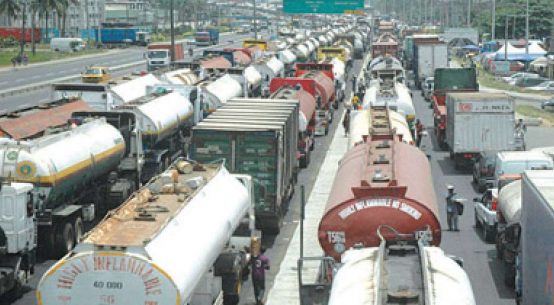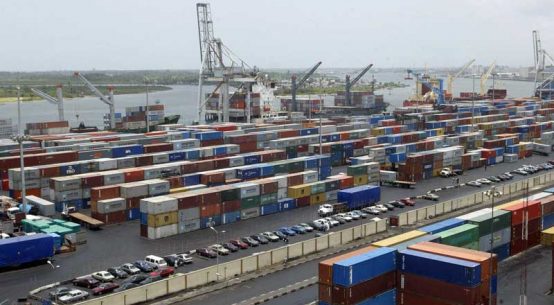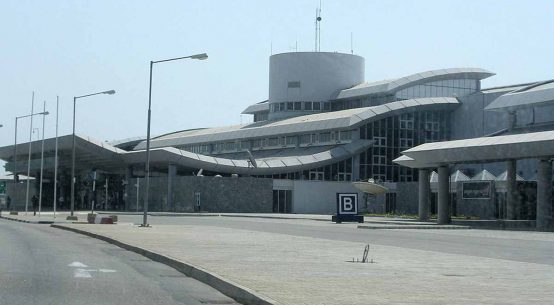
(Business Insider) – Danish startup Copenhagen Optimization has become the go-to for making airports run more smoothly.
Like they did at Geneva Airport in Switzerland, where the average waiting time was reduced by more than 50%.
“It’s all about numbers,” says Anders Dohn, Managing Partner and co-founder at Copenhagen Optimization.
“At the core, we have a number of sophisticated mathematical models that we apply to each specific operational area. We use data to find patterns we can utilize in terms of optimization. For instance, we know that passengers use more trays at the security checkpoint in the winter because people wear more clothes. But with our model, we predict the pressure on security, treating each day as unique. That allows for a much more efficient allocation of resources.”
Since 2015, the startup has worked with 20 airports around the world, improving their operations. At Dublin Airport, passenger throughput increased by 10% and in Stockholm Arlanda, peak in check-in counter demand was decreased by 5.5%.
The passenger leaves a data trail through the airport
The math experts have chosen to work with airports for two main reasons. Firstly, both Anders Dohn and his co-founder Kasper Hounsgaard have practical experience from managerial positions at Copenhagen Airports. Secondly, airports have vast amounts of data at their disposal, enabling them to follow the passenger’s every step, almost.

“The passenger submits data all along the way, from checking in to having the boarding pass scanned at an airport shop. Furthermore, many airports have Wi-Fi or sensor technology to track passengers within the airport. That means that we know when the passengers arrive, how long they stand in line, how long they take to pass through security, where they are in the airport and how many passengers are boarding the plane,” says Anders Dohn.
Airports are late on strategy and technology
With all that data at their disposal, you would expect airports to excel at analyses and forecasts but that is not the case.
“Other industries like retail are way ahead of airports when it comes to tracking people,” Kasper Hounsgaard explains. “I think it is cultural. Airports are really good at making things work in real-time. But they can improve planning by working in more structured ways with data and thinking long term.”
In order to help airports getting better — and to expand the business — Copenhagen Optimization recently launched software-as-a-service solution, Better Airport. The client can subscribe to services such as Better Border Control and Better Forecast.
Next destination: hospitals
Airports are not the only people-intensive facilities in need of optimization, and the Danish startup is now turning to hospitals.

“The challenge is similar to airports. You have a large number of people that need to move through the infrastructure, but at the same time you must pay attention to their situation and needs,” says Kasper Hounsgaard.
The startup is working with the pathology department at Rigshospitalet in Copenhagen, Denmark’s largest hospital.
“The department handles a large number of different samples and the prioritization of tasks is complex. We analyze the extensive data available to help them improve their processes,” Anders Dohn explains.
Copenhagen Optimization has been in operation for two years and employs 15 people. It has been without external funding until recently when the company got additional capital from The Danish Growth Fund (Vækstfonden), and three private investors.








